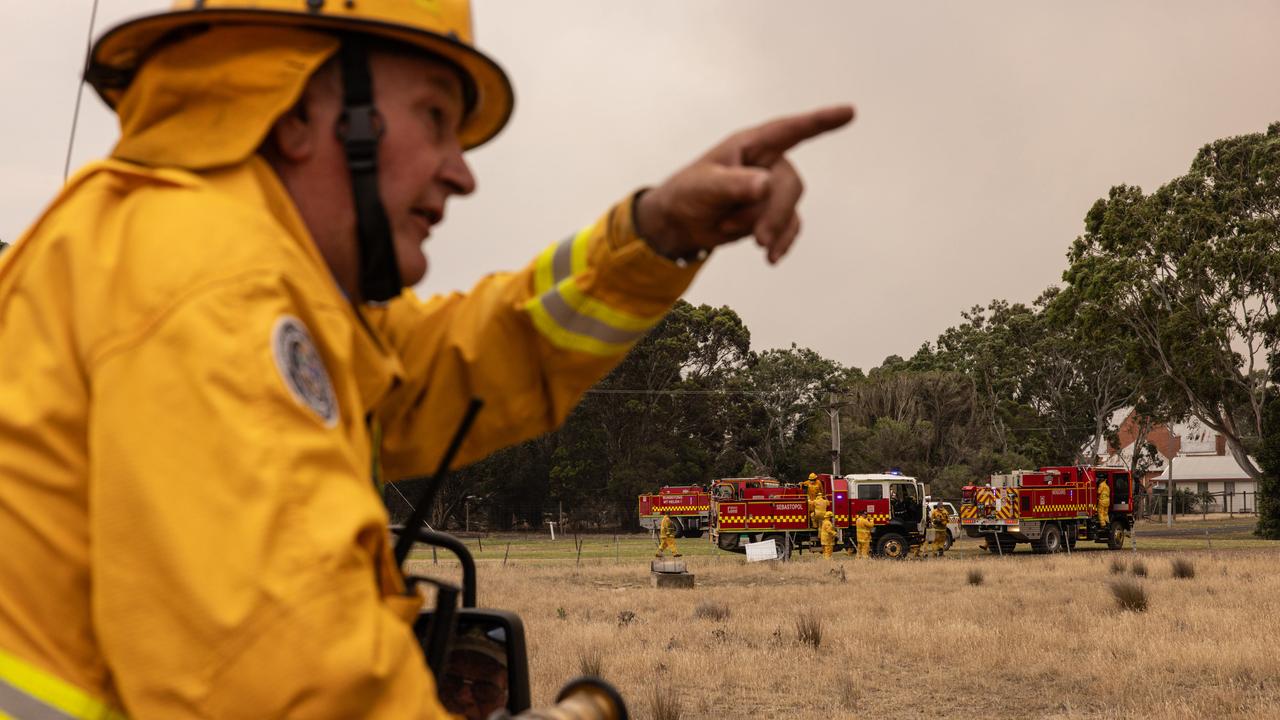Price of some supermarket items could rise by 20 per cent, as petrol, beer cost spikes
Aussie shoppers have been warned of looming price hikes on just about everything, from Tim Tams to your favourite beer brand.
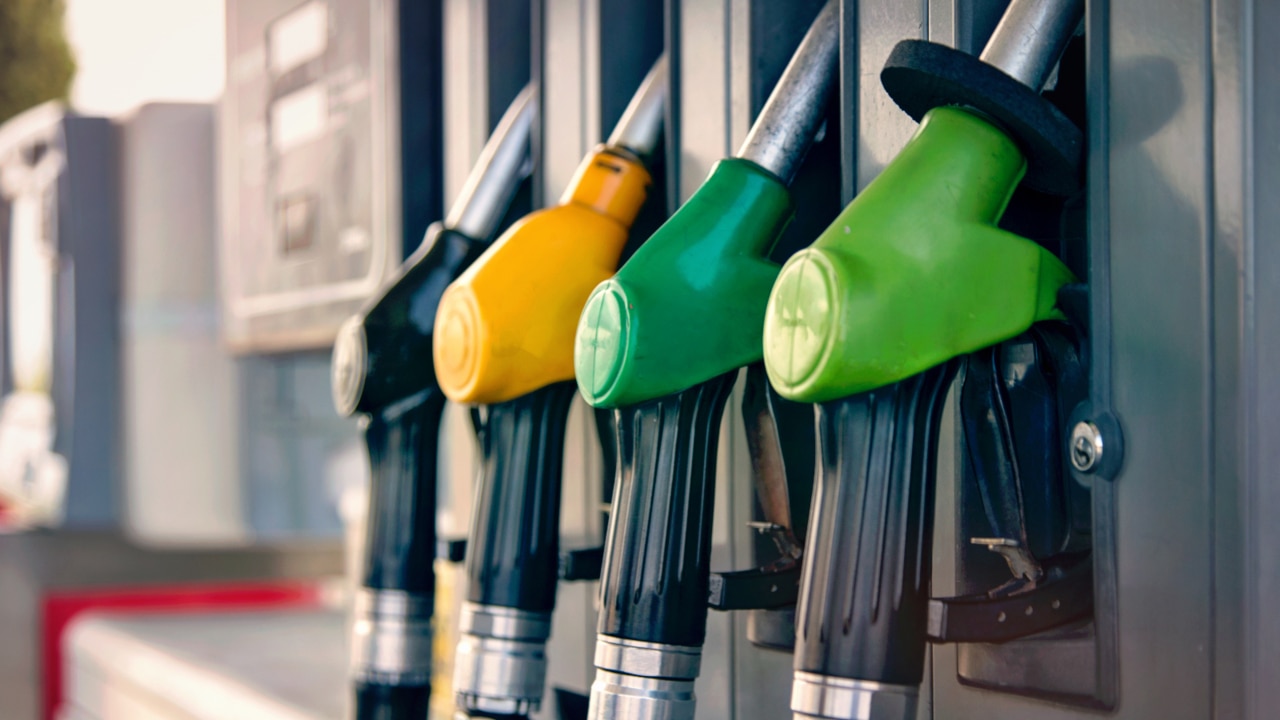
The rising cost of living isn’t slowing down any time soon, with Aussie shoppers set to be hit with another surge in prices.
Some supermarket items could rise by 10 to 20 per cent as suppliers struggle with higher charges for packaging and transport due to rising fuel costs.
Sharp price increases in wheats and fats will also impact rising prices.
SPC, which specialises in large fruit packaging and canned goods, has flagged a price spike for around 100 items, including baked beans, tinned spaghetti, canned tomatoes and fruit cups.
For example, a 425g of baked beans could soon cost $2.20, up from $1.70.
The price of bread fruits and vegetables, biscuits, rice and beer are also set to rise.
Stream more finance news live & on demand with Flash. 25+ news channels in 1 place. New to Flash? Try 1 month free. Offer ends 31 October, 2022 >
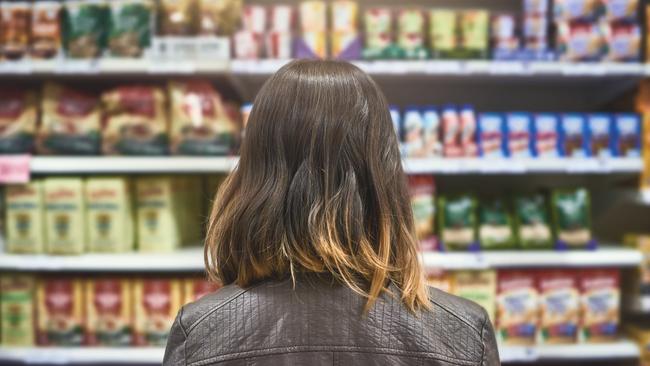
SPC boss, Robert Giles, told Sunrise on Tuesday morning that the company had been left with no option but to raise its prices.
“We are seeing the impact of cost flow throughout the business,” he said.
“The last thing we want to do is increase the price of goods to consumers, but part of our products, especially the tin can with iron ore prices up and freight costs, it goes to the position that we need to move prices.”
Mr Giles said they have held off on raising prices for as long as possible, noting that the cost of freight and container prices have been high for some time.
“The price of the can of tomatoes has not gone up in over 10 years. We have just found ourselves in a position, and I have not seen cost imports on so many products in my career,” he said.
Famous biscuit company Arnotts, which makes Aussie favourite TimTams, is dealing with price hikes of up to 20 per cent for essential ingredients such as wheat, fats and oil.
An industry source told The Sydney Morning Herald that the company is considering a price increase between five and 10 per cent for customers.
Deloitte Access Economics’ Chris Richardson told Sunrise Covid-19 and the war in Ukraine are the two main factors driving up food and fuel prices.
And, unfortunately for Aussies, “neither will get solved soon”.
Mr Richardson added there is a chance that fuel prices could be could be $0.10 or $0.15 lower in a fortnight if global oil prices stay where they are.
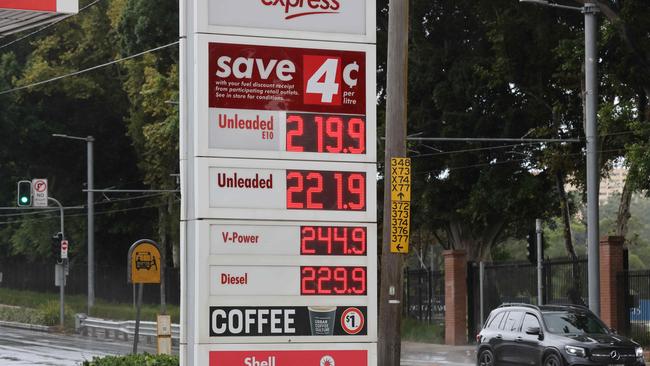
Fuel prices have now soared past $2 a litre across the country, with petrol prices around the world dramatically increasing as a result of Russia’s invasion of Ukraine.
Oil prices jumped seven per cent following President Joe Biden’s announcement the US would be “banning all imports of Russian oil and gas energy” on March 9 – with experts now predicting we could see prices at pumps hit $2.50.
NRMA’s Peter Khoury said the volatile nature of the market at the moment meant it was difficult to predict when fuel prices would see a sustained fall, but noted there had been some significant drops in global oil prices in the past few days.
He said Australians could see a slight reprieve from rising fuel prices within the next 10 days.
“The problem is the market has been so volatile that we do not know if (prices) will get raised back up again in the next two days,” Mr Khoury said.
“If these falls are sustained, if they continue, we should see some significant falls, hopefully within seven to 10 days.
“We have to monitor those oil prices closely. But oil prices globally appear to be heading in the right direction.”
The fuel prices have put pressure on Prime Minister Scott Morrison over the roughly $30 in petrol taxes Aussies pay every time they fill up their tank.
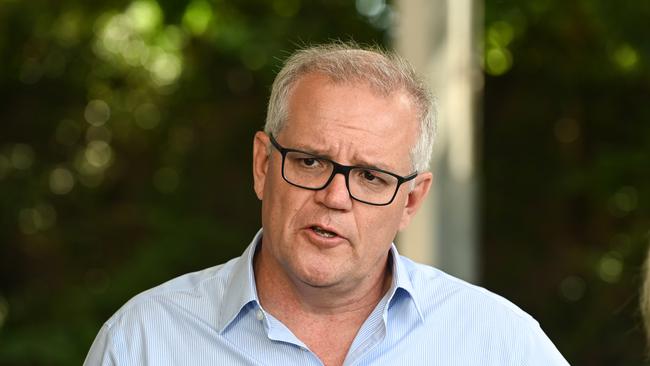
Mr Morrison has refused to rule in or rule out the major move of cutting the petrol excise – leaving the door open to tweaks in the March 29 budget – but has poured cold water on any big changes.
“I think Australians know that what’s happening with petrol prices at the moment is being caused by what’s happening with the war in Europe,” Mr Morrison told Channel 9.
“And so we’re working with other countries around the world at the moment in terms of releasing fuel reserves to try and alleviate the pressure on fuel prices.”
Asked if he would make any fuel tax changes in the March 29 budget, the Prime Minister refused to say.
“No, the answer is the Budget is at the end of this month. But my point is that excise, where it is at, is not going to change what the fluctuations are in price. I mean, we’ve seen it going from, you know, $1.70 to $2.20.
“So the things we can do, we do, and the things we can’t do anything about, well, we understand them and work with other countries around the world to try and relieve those pressures.”
Originally published as Price of some supermarket items could rise by 20 per cent, as petrol, beer cost spikes


